Glucose Transporter Deficiency Syndrome
Glucose transporter deficiency syndrome. An early diagnosis and early start of a ketogenic diet may give these children a normal or nearly normal life. Nearly 90 of patients with glucose transporter type 1 deficiency syndrome Glut1 DS. GLUT-1-deficiency syndrome is a rare metabolic encephalopathy which is not well known and probably underdiagnosed.
Prostaglan-dins Leukot Essent Fatty Acids. To investigate the clinical features diagnosis and treatment of glucose transporter 1 deficiency syndrome GLUT1-DS as well as the diagnostic value of movement disorders. Glut1 DS was first discovered in 1991 by Dr.
Glut1 deficiency syndrome Glut1 DS was originally described in 1991 as a developmental encephalopathy characterized by infantile onset refractory epilepsy cognitive impairment and mixed motor abnormalities including spasticity ataxia and dystonia. Glucose transporter-1 GLUT1 deficiency syndrome OMIM 606777 is an autosomal dominant haplo-insufficiency disorder leading to a reduced glucose transport into the brain Seidner et al 1998. GLUT1 is highly expressed in the endothelial cells of erythrocytes and the blood-brain barrier and is exclusively responsible for glucose transport into the brain Vannucci et al.
We know of hundreds of children who have Glut1 DS but believe there may be thousands of children who are undiagnosed. Methylxanthines such as caffeine and theophylline are known to inhibit glucose transport. Help Milestones for Children fund research for Glucose Transporter Deficiency Syndrome Glut1 DS a pediatric brain energy metabolic syndrome.
Glucose transporter deficiency syndrome Glut1 DS is a pediatric brain energy metabolic syndrome. We have studied such inhibition in the glucose transporter type 1 deficiency syndrome Glut1DS by. Approximately 90 percent of affected individuals have a form of the disorder often referred to as common GLUT1 deficiency syndrome.
The clinical condition is caused by impaired glucose transport across the blood brain barrier. Children with this disorder have a myriad of physical and mental disabilities ranging from mild to so severe that they cannot walk or talk. These individuals generally have frequent seizures epilepsy beginning in the first.
Klepper J Diefenbach S Kohlschütter A Voit T. Glucose Transporter 1 Deficiency Syndrome GLUT1-DS.
GLUT1 is highly expressed in the endothelial cells of erythrocytes and the blood-brain barrier and is exclusively responsible for glucose transport into the brain Vannucci et al.
OMIM 606777 is a rare disease caused by dominant mutations in SLC2A1 encoding GLUT1 which is a ubiquitous transporter of glucose across. These individuals generally have frequent seizures epilepsy beginning in the first. Approximately 90 percent of affected individuals have a form of the disorder often referred to as common GLUT1 deficiency syndrome. Therapeutic Strategies for Glucose Transporter 1 Deficiency Syndrome Proper development and function of the mammalian brain is critically dependent on a steady supply of its chief energy source glucose. Klepper J Diefenbach S Kohlschütter A Voit T. The clinical data of four children with GLUT1-DS were collected and their clinical features treatment and follow-up results were analyzed. Darryl DeVivo at the Colleen Giblin Laboratories Columbia. To investigate the clinical features diagnosis and treatment of glucose transporter 1 deficiency syndrome GLUT1-DS as well as the diagnostic value of movement disorders. Nearly 90 of patients with Glucose Transporter Type 1 Deficiency Syndrome Glut1 DS.
Glucose transporter type 1 deficiency syndrome Glut1DS is a rare genetic metabolic disorder characterized by deficiency of a protein that is required for glucose a simple sugar to cross the blood-brain barrier and other tissue barriers. The clinical condition is caused by impaired glucose transport across the blood brain barrier. Approximately 90 percent of affected individuals have a form of the disorder often referred to as common GLUT1 deficiency syndrome. The clinical data of four children with GLUT1-DS were collected and their clinical features treatment and follow-up results were analyzed. Such supply is mediated by the glucose transporter 1 Glut1 protein. Darryl DeVivo at the Colleen Giblin Laboratories Columbia. Glucose Transporter 1 Deficiency Syndrome GLUT1-DS.



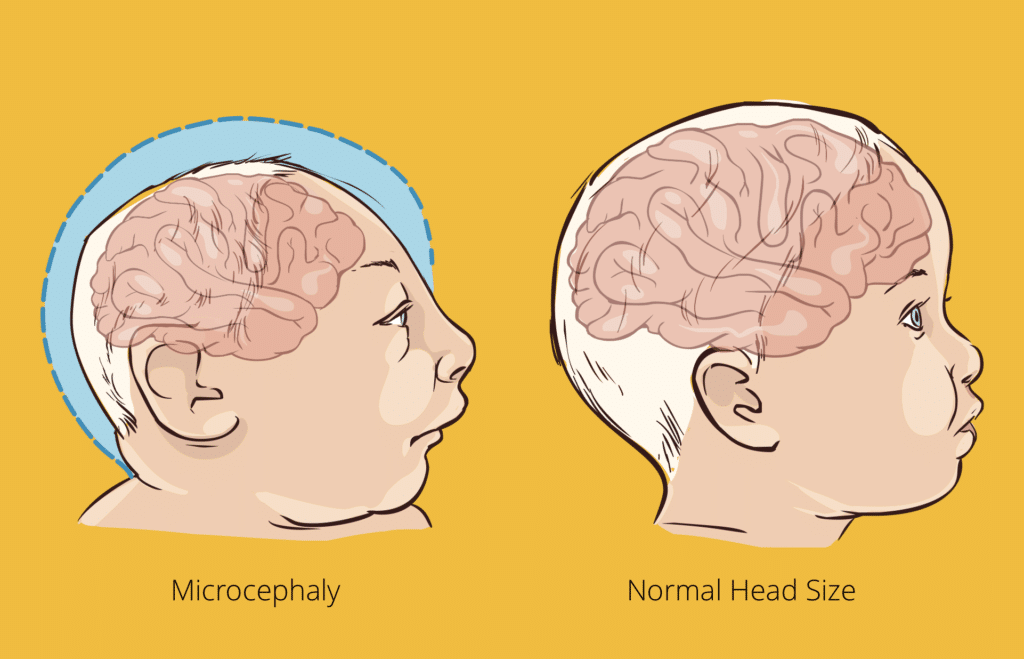







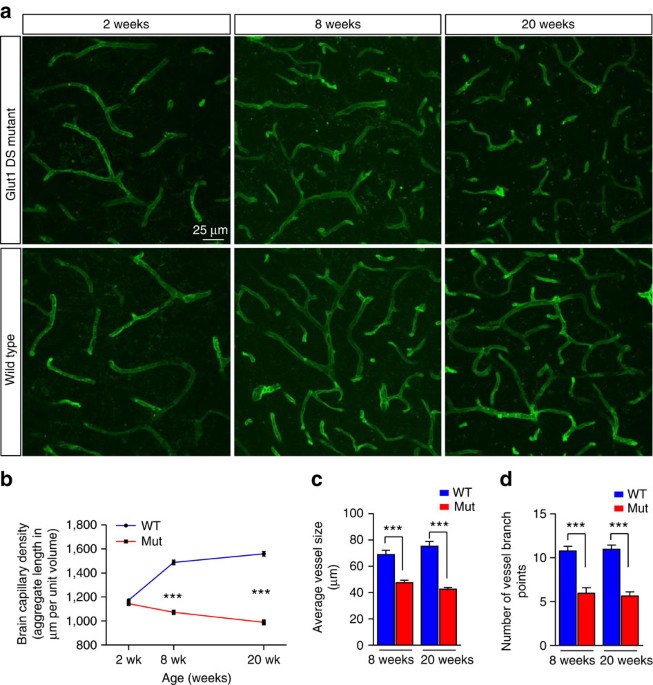







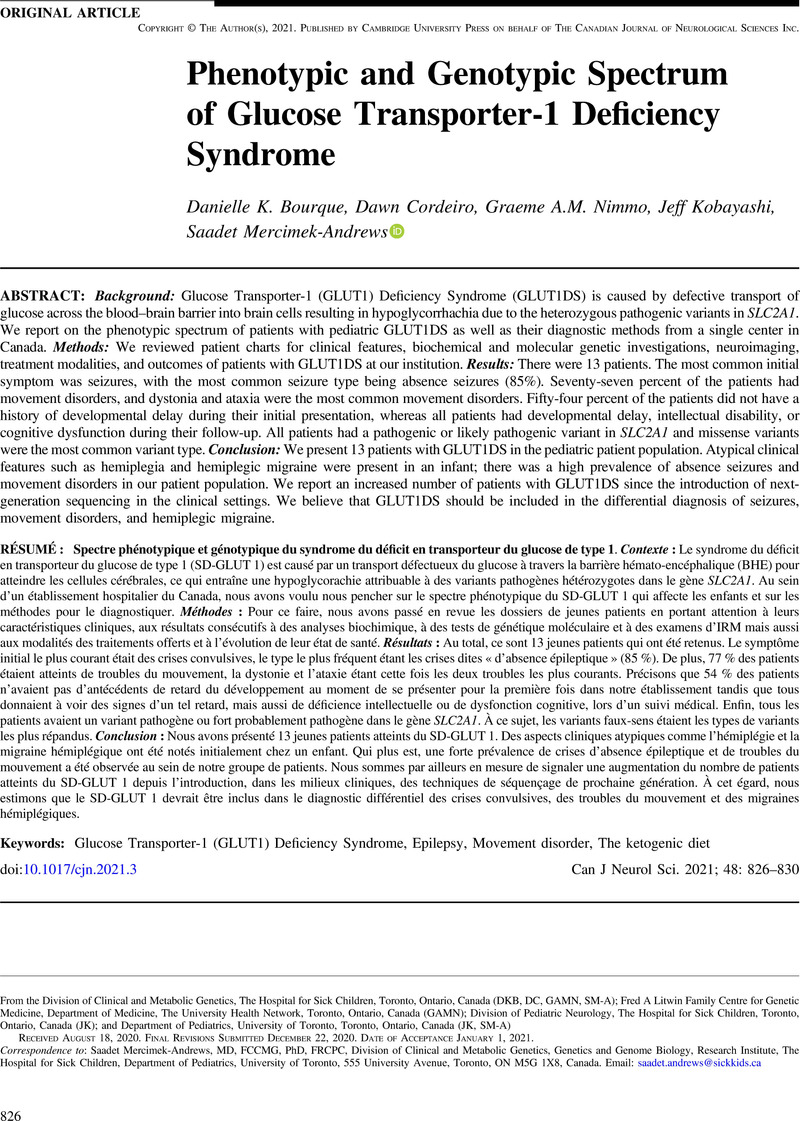


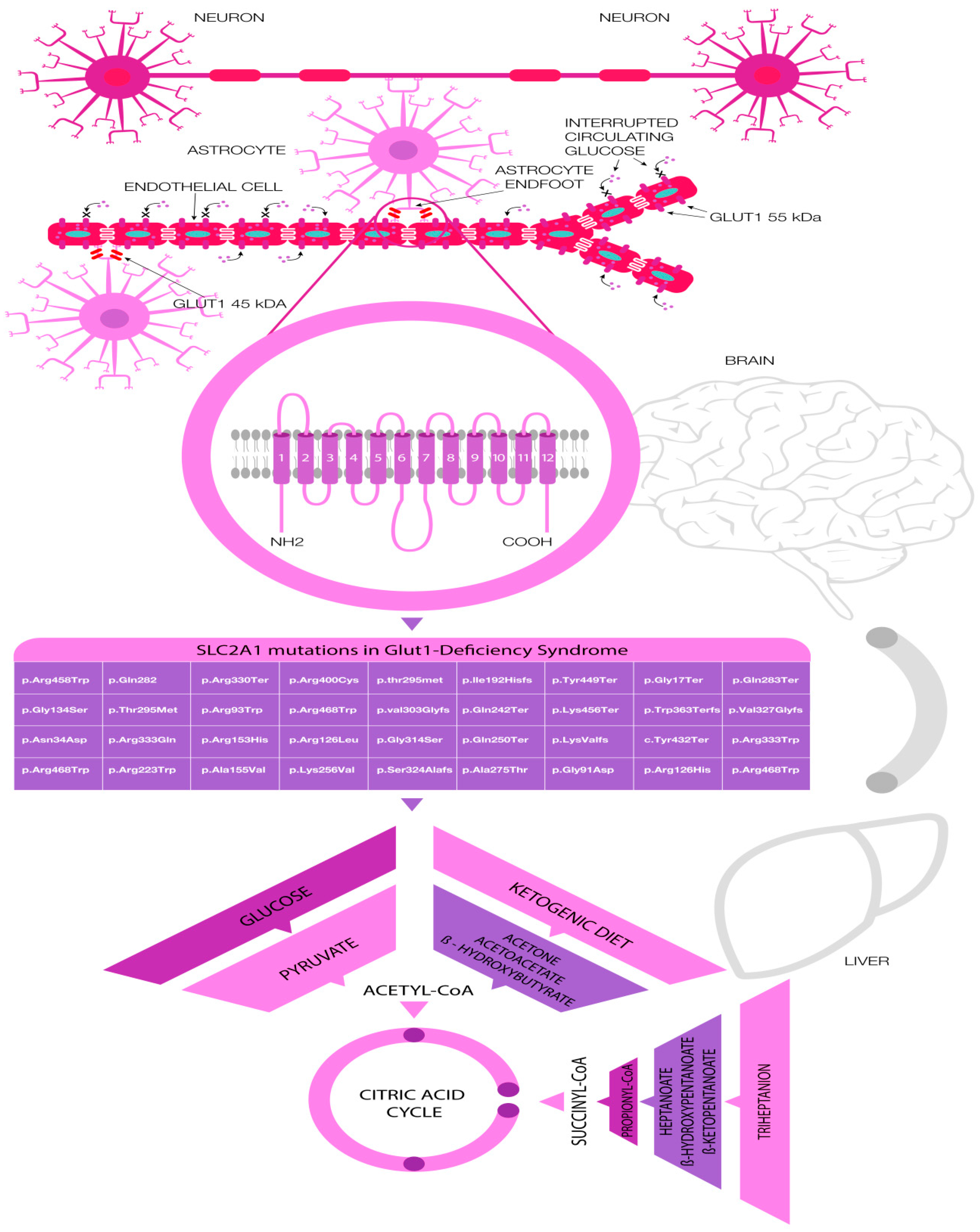









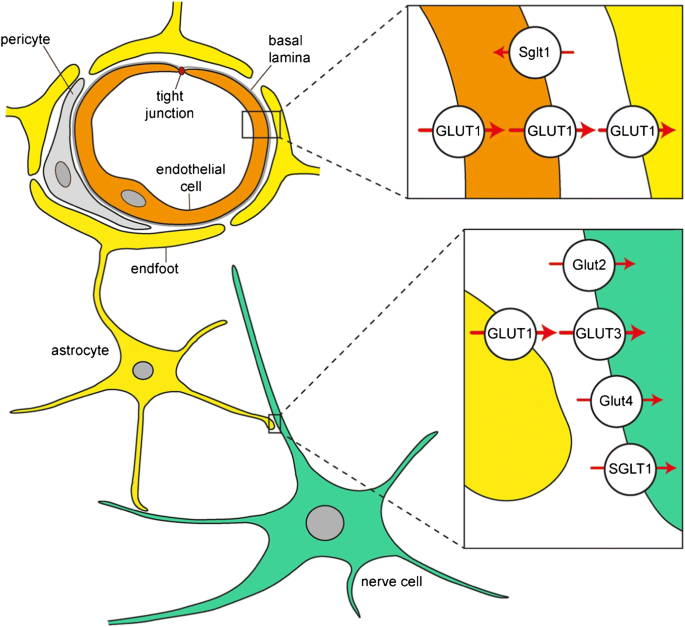








Post a Comment for "Glucose Transporter Deficiency Syndrome"